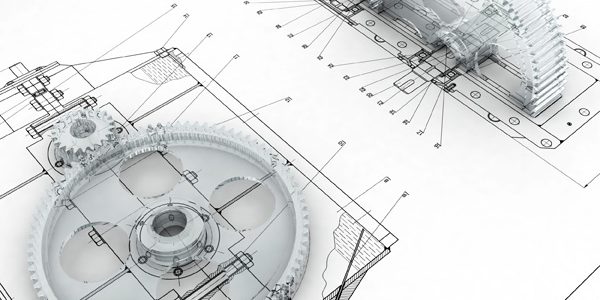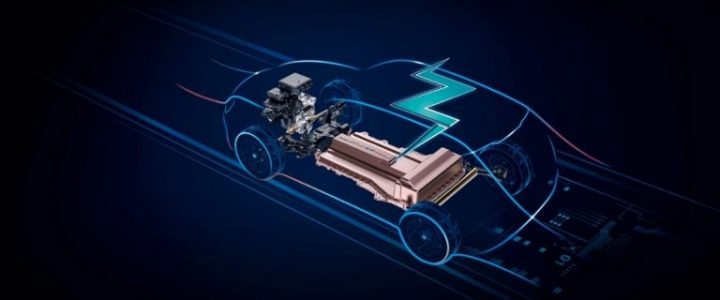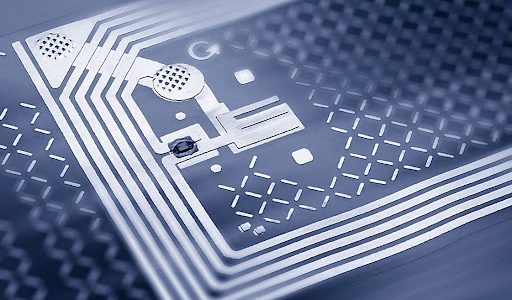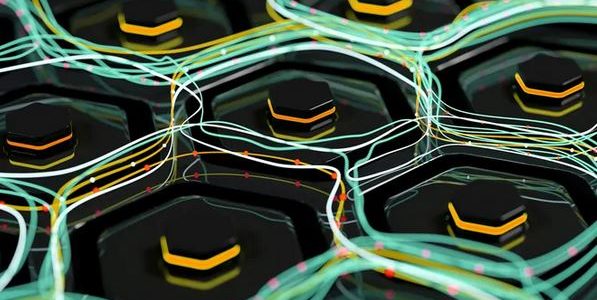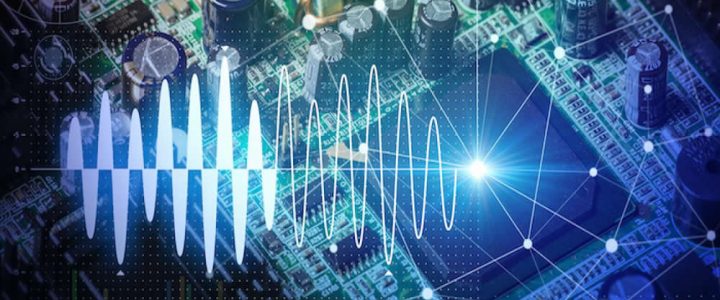| 1 YEAR | II semester | 9 CFU |
| ICT and Internet Engineering | |
| Marina RUGGIERI (cfu)
Tommaso ROSSI (cfu) |
A.Y. 2025-26 |
| Code: 80300072 SSD: ING-INF/03 |
OBJECTIVES
LEARNING OUTCOMES: The course aims at providing to the students the theoretical and practical tools for the development of design capabilities and implementation awareness of Digital Signal Processing (DSP) systems and applications.
KNOWLEDGE AND UNDERSTANDING: Students are envisaged to understand the DSP theoretical, design and algorithm elements and to be able to apply them in design exercises.
APPLYING KNOWLEDGE AND UNDERSTANDING: Students are envisaged to apply broadly and to personalize the design techniques and algorithm approaches taught during the lessons.
MAKING JUDGEMENTS: Students are envisaged to provide a reasoned description of the design and algorithm techniques and tools, with proper integrations and links.
COMMUNICATION SKILLS: Students are envisaged to describe analytically the theoretical elements and to provide a description of the design techniques and the algorithm steps, also providing eventual examples.
LEARNING SKILLS: Students are envisaged to deal with design tools and manuals. The correlation of topics is important, particularly when design trade-offs are concerned.
BACKGROUND
A good mathematical background (in particular on complex numbers, series, functions of complex variable) is strongly recommended.
PROGRAMME
(Prof. M.RUGUERI)
PART I – Discrete-time signals and systems; sampling process; Discrete-time Fourier transform (DTFT); Z-transform; Discrete Fourier Series (DFS).
PART II – Processing algorithms: introduction to processing; Discrete Fourier Transform (DFT); finite and long processing; DFT-based Processing; Fast Fourier Transform (FFT); processing with FFT.
PART III – Filter Design: introduction to digital filters: FIR and IIR classification; structures, design and implementation of IIR and FIR filters; analysis of finite word length effects; DSP system design and applications;
PART IV – Random sequences; processing of random sequences with digital filters; introduction to random sequence estimation; estimators of mean, variance and auto-covariance of random sequences with performance analysis; power spectrum estimation; periodogram and performance analysis; smoothed estimators of the power spectrum and performance analysis; use of FFT in power spectrum estimation.
(Dott. Tommaso ROSSI)
PART V – VLAB: applications with design examples and applications of IIR and FIR filters, Matlab-based lab and exercises; use of Matlab in the power spectrum estimation.
VERIFICATION CRITERIA
a) Combination of: design test (written); deepening on DSP System development (written); oral.
The design test is propedeutic to the oral one.
The course offers a verify in progress (with a related recovery date) that if passed exempts from the design test of the exam session.
b) The written exam includes design exercises.
The oral part envisages questions on the whole program and a discussion on the design test.
c) The written exam is scored from FAIL to EXCELLENT. The design test and the oral concur almost evenly to the final score (x/30).
d) The final score is based on the level of knowledge of the theoretical, design and algorithm elements and tools as well as on their effective use in design exercises; in particular, the final evaluation refers to 70% of the student’s knowledge level and for 30% to her/his capability of expressing the knowledge and providing an autonomous judgment in the design and oral exam phases.
The detailed final evaluation criteria are as follows:
Failed exam: deep lack and/or inaccuracy of knowledge and comprehension of topics and design techniques; limited capabilities in analysis and synthesis, critical ability and judgment; designs and topics are presented with a non-coherent and technically inadequate approach.
18-20: sufficient knowledge and comprehension of topics and design techniques with possible imperfections; sufficient capabilities in analysis, synthesis and autonomous judgment; designs and topics are presented with a not too much coherent and technically appropriate approach.
21-23: flat knowledge and comprehension of topics and design techniques; appropriate capabilities in analysis and synthesis with fair autonomous judgment; designs and topics are presented with sufficient coherency and technically appropriate approach.
24-26: more than fair knowledge and comprehension of topics and design techniques; good capabilities in analysis and synthesis with good autonomous judgment; designs and topics are presented with coherency and technically appropriate approach.
27-29: complete knowledge and very good comprehension of topics and design techniques; remarkable capabilities in analysis and synthesis with very good autonomous judgment; designs and topics are presented with a rigorous and technically very appropriate approach.
30-30L: excellent knowledge and complete comprehension of topics and design techniques; excellent capabilities in analysis and synthesis with excellent autonomous judgment and originality; designs and topics are presented with a rigorous and technically excellent approach.
TEXTBOOKS
[1] “Digital Signal Processing Exercises and Applications”, Marina Ruggieri, Michele Luglio, Marco Pratesi. Aracne Editrice, ISBN: 88-7999-907-9.
[2] The River Publishers’ Series in Signal, Image & Speech Processing, “An Introduction to Digital Signal Processing: A Focus on Implementation”, Stanley Henry Mneney. River Publishers, ISBN: 978-87-92329-12-7.
[3] Slides (exercises are also included therein) published on the teaching website.
 UNIVERSITA' DEGLI STUDI ROMA "TOR VERGATA"
UNIVERSITA' DEGLI STUDI ROMA "TOR VERGATA"
